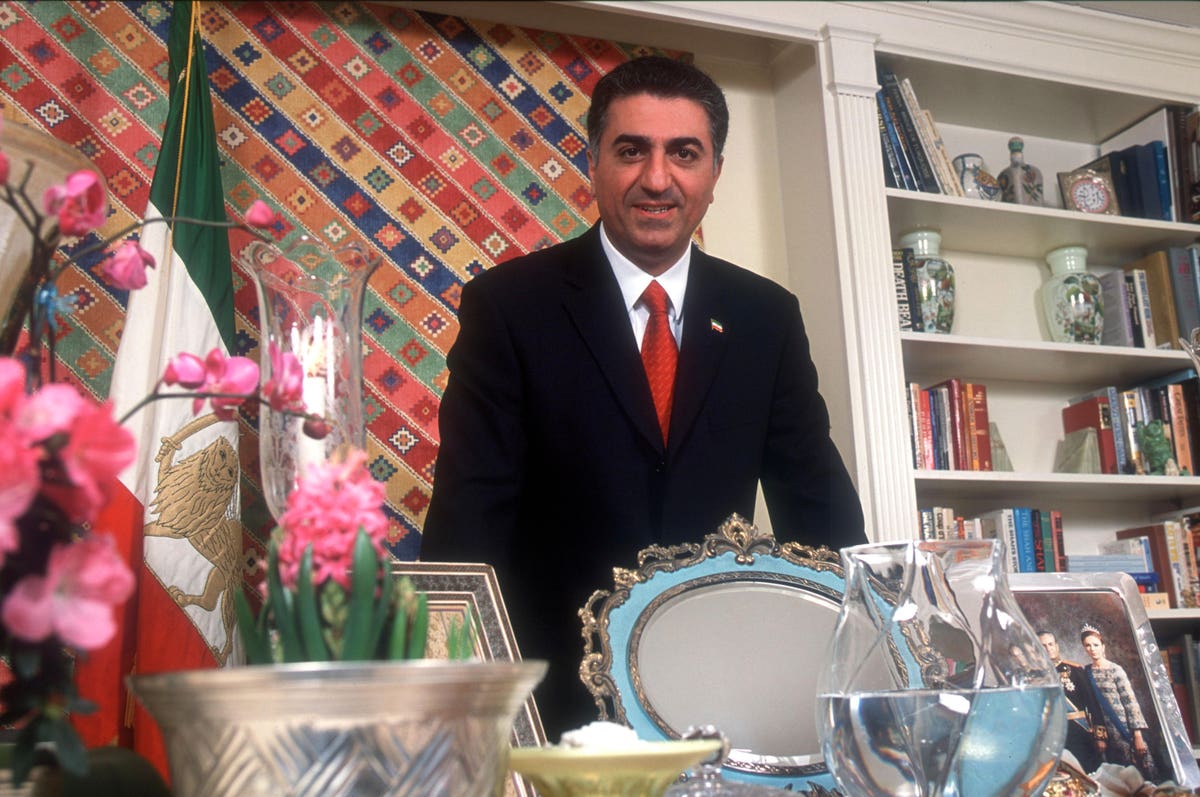Earlier this month I interviewed exiled Crown Prince Reza Pahlavi to discuss what’s happening in Iran. You can watch the 25 minute video here. We cover a lot of topics mostly to do with economics.
The first thing I asked was what had changed since we last spoke five years ago.
Its unlikely that most Iranians will not see the light of freedom in Iran if the current regime remains in place, Pahlavi says.But he also says there is now a lot more bravery among the Iranian popes standing up to the regime.
I questioned him about the wisdom of the Biden administration announcing that it had cut a deal with Iran to release $6 billion of cash to the regime in Tehran and agreed to a prisoner swap which would result in the release of six U.S.-Iranian dual nations. Of course, the kicker to the wisdom question was the fact that the announcement occurred on September 11, the anniversary of a diabolical attack on America in 2001.
“The regime now knows this works,” Pahlavi says. “What is the message being sent here.?” In simple terms, the deal encourages the regime to do the same again and take more hostages.
Masha Act
At the same time, the Foreign Affairs Committee in Congress approved the Masha Act which put sanctions on certain individuals in the Iranian regime in the wake of the murder of Masha Amina a year ago during a anti regime protest.
The two events — the prisoner swap and the passing of the Masha Act — coincided and presented a seemingly bizarre dichotomy. On the one had send cash to Iran — a known state sponsor of terror — and on the other hand sanction certain high ranking individuals in the Iranian regime.
Among other things, Pahlavi notes that different pockets of the U.S. government make different choices.
On Iran skirting sanctions he says the sanctions are hurting Iran’s oppositions. There should be individual targeted sanctions on high ranking
The Current State and the Future
“About 60% of the country are under the poverty line,” Pahlavi says, and describe the rulers as a mafia. He has also assembled scientists and experts who can provide a road map to how Iran could operate int he event of a regime change. These include solar energy. “We already have a game plan,” he says.
The timing of a regime change depends on a policy of maximum pressure on the regime and support for the opposition, he says.
He also points to the importance of realizing that most Iranian don’t have blood other hands, just like most Germans didn’t in WWII. He says the rank and file who work in government need to understand that they will have a future in a new regime of representative government.
Of course, what happens next remains to be seen and its clear that the current regime which took over from the Shah in 1979 have kept a tight grip on the country’s society for the last four decades.
Read the full article here











Leave a Reply